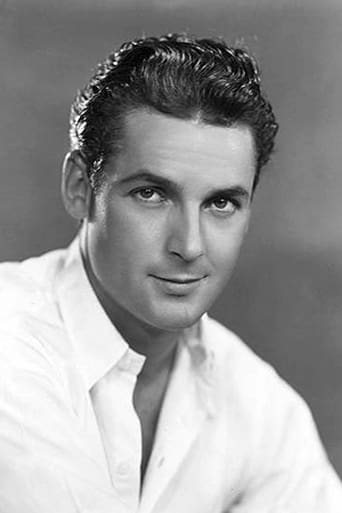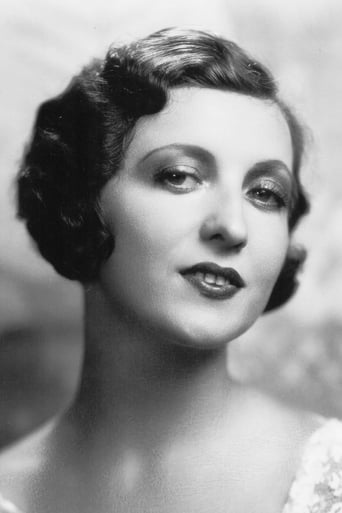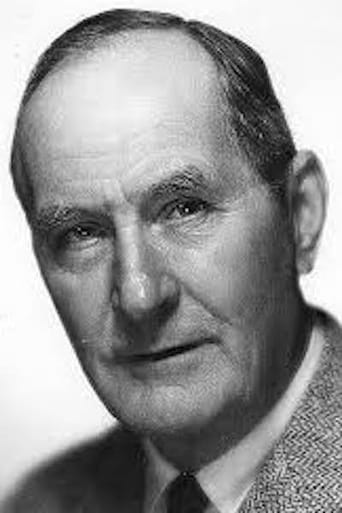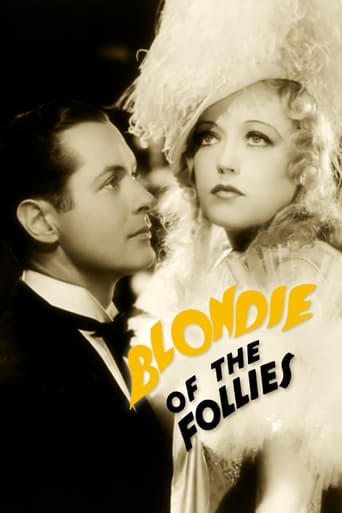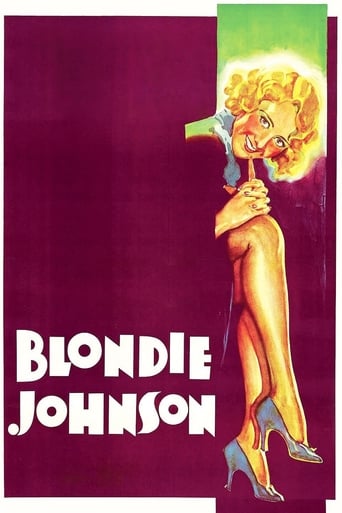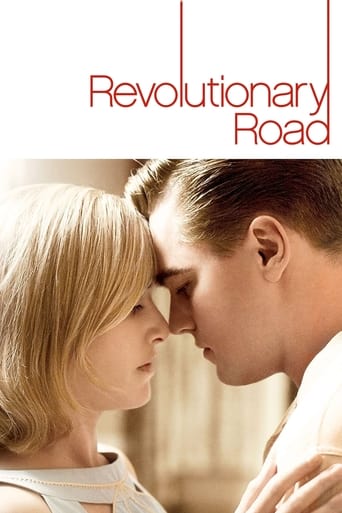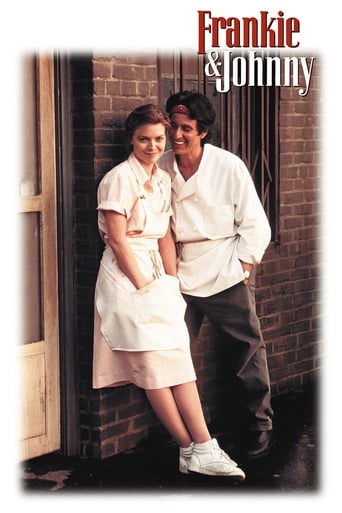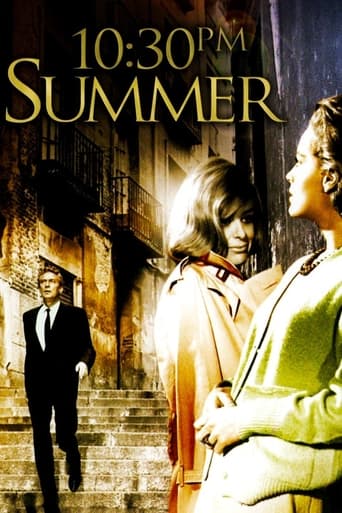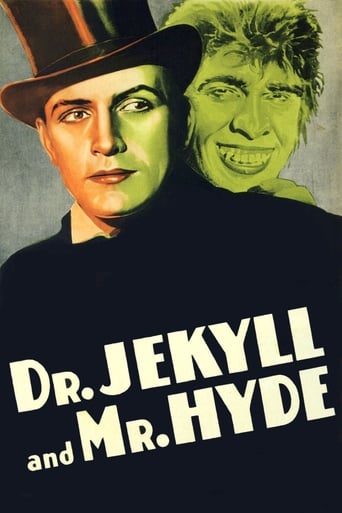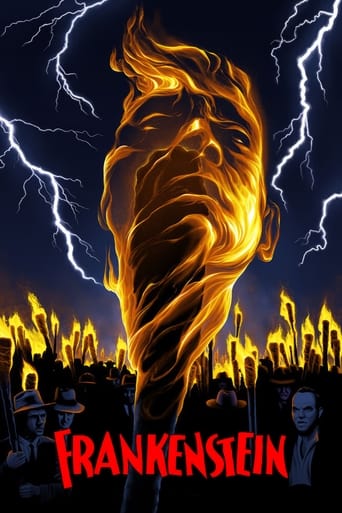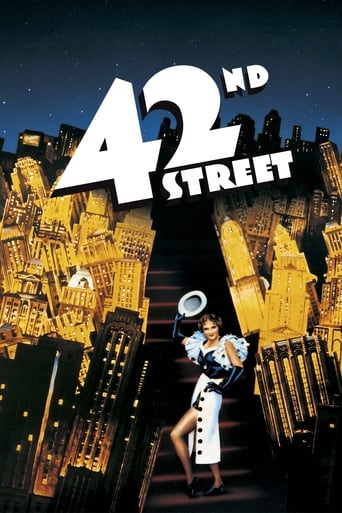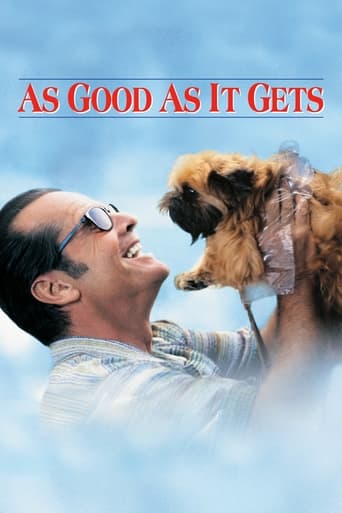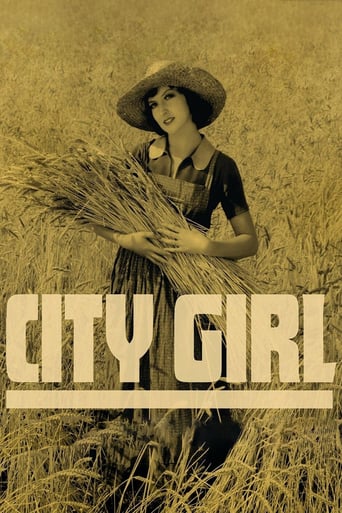
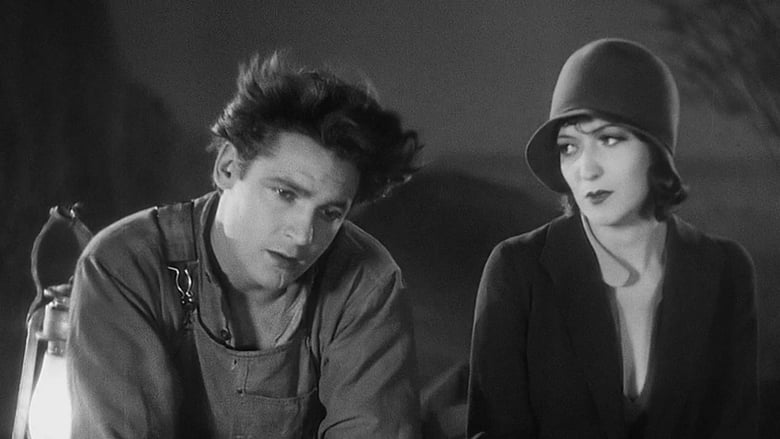
City Girl (1930)
A waitress from Chicago falls in love with a man from rural Minnesota and marries him, with the intent of living a better life - but life on the farm has its own challenges.
Watch Trailer
Cast
Similar titles
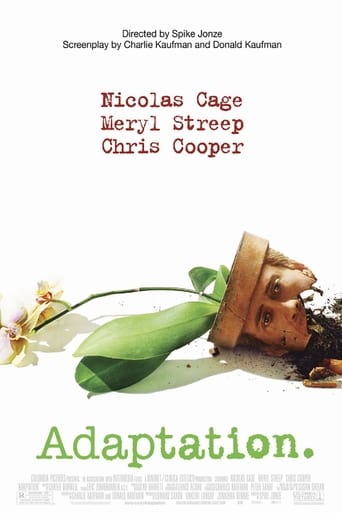
Reviews
The Worst Film Ever
So much average
Pretty good movie overall. First half was nothing special but it got better as it went along.
Good films always raise compelling questions, whether the format is fiction or documentary fact.
This is it. I've so far thought of and approached Murnau more with sensible appreciation than passionate investment where I'm not only swept off my feet, but myself allow to be. "Nosferatu" (1922), "Der letzte Mann" (1924) and "Sunrise" (1927) exhibit his genius, but for some reason this works for me wholly differently. Perhaps I come to this from the right direction: "L'Atalante" (1934), "Coeur fidèle" (1923), "Der Blaue Engel" (1930), "Days of Heaven" (1978), and so on. It does feel like there has been something missing in its place, now domiciled, referred to by these films I love. Now I feel like I've always carried the film with me.You might know Murnau disliked intertitles, and I guess this would perfectly work without them, since I find the visual language even stronger and more lucid than in "Der letzte Mann", which, if you've seen that film, might be even frivolously arrogant an argument. But the way he constructs each scene to convey things visually, not only plot and "dialogue" but also atmosphere, is panoptic, personal yet fluent.The Blu-ray released by the Masters of Cinema (Region B) is shockingly wonderful in quality. I'm not partial to the Christopher Caliendo score. Someone somewhere (vague enough?) remarked how on occasion it seems like the score is competing with the image instead of complementing it and I paraphrase because there wouldn't be a better way to express how I feel about it. Indeed, I prefer seeing the film without sound – Murnau carries the film forward so eloquently, effortlessly through the image and editing that all emotion disseminates vividly. All of this is so masterful I wouldn't be too much out of my wits if I argued for this film to be among the very pinnacle of silent film – and any cinema for that matter.The scene where they first arrive together and run through the field might be the most exhilarating film moment ever.
For it's time I'm sure The City Girl was a bawdy piece of film work what with all the sexual advances and threats of rape posed by the hired hands. I'm not sure it has lost that quality as I found the hitting of women and the lechery of the men to be quite unsettling in it's reality. The film is simple, so simple it could have been written out on a couple pieces of paper, the dialog is good, the acting fair and the lighting and music exceptional. Heavy makeup on the actors especially Charles Farrell is a bit distracting and takes away from the modernness of the images. Even though this film is from 1930 you can easily relate to the times and characters. It is an enjoyable film and a time machine back to a simpler era but the story is too predictable and a bit contrived.
Murnau's third American film after Sunrise and the lost Four Devils, and his penultimate before Tabu. City Girl, of the surviving three, is the least seen. The reason for this must be its close resemblance to Sunrise, which is a masterpiece of the first order. Yes, City Girl does remind one of Sunrise in its mood and focus. A young rube from Minnesota (Charles Farrell) travels to Chicago to sell his father's wheat crop. Business-wise, the trip doesn't go well, but his romantic world blossoms when he meets up with a lonely waitress (Mary Duncan). The two marry, and the rest of the film deals with Duncan's fight for acceptance on the farm, where she faces a fierce opponent in her father-in-law (David Torrence). The film is romantic, emotionally moving and utterly beautiful. Yes, it is a lot like Sunrise, but, heck, who wouldn't want a second Sunrise? It's hardly a carbon copy, anyway, so it's like another wonderful gift. City Girl is a masterpiece, as well. I'm not the biggest fan of Murnau's German films, but his three surviving American films are probably the best proof of the sentiment that the silent cinema was at a miraculous level right when it was snuffed by sound. Murnau tragically died in an auto accident in 1931. I find it hard to imagine his work in the talkies, but I have an inkling that the cinema would be rather different if he had survived.
City Girl is another gem from the German master film maker F.W.Murnau, who directed the masterpiece, Sunrise.City Girl is similar to Sunrise in it's comparison of urban versus rural life and a conflicted relationship between a man and a woman. The couple, Kate and Lem meet in the crowded, gritty city of Chicago where Kate is living an uninspired existence as a waitress and an immediate attraction takes place. Lem is lonely too we gather and under the autocratic thumb of his father. He seems to be independent for the first time in his life, ( he's there to sell the wheat crop.) and makes the decision to marry Kate without asking his fathers approval. After they return to the farm, the conflicts between Lem and Kate and his father and the lead farmhand take place.This movie doesn't have the dream states, camera moves or super-impositions of the earlier film, but there are several good scenes, notably when the camera follows Lem and Kate as they run through the wheat fields, and the scenes of the wheat harvest which have such a real to life feel to them you almost feel that you're there as the work is going on! As human drama, a study of complicated interpersonal relationships, and the conflict between man and nature, I highly recommend this film! Murnau's masterful use of lighting is also present in this film, with the last scenes occurring at night with shadows so dark only lanterns can penetrate them, casting moody shadows and intensifying the action.
